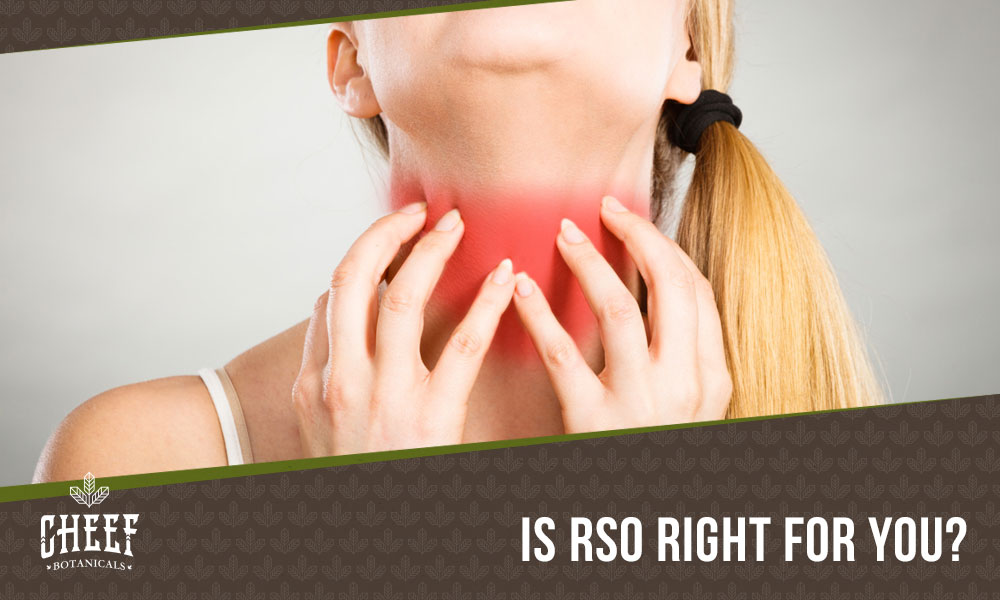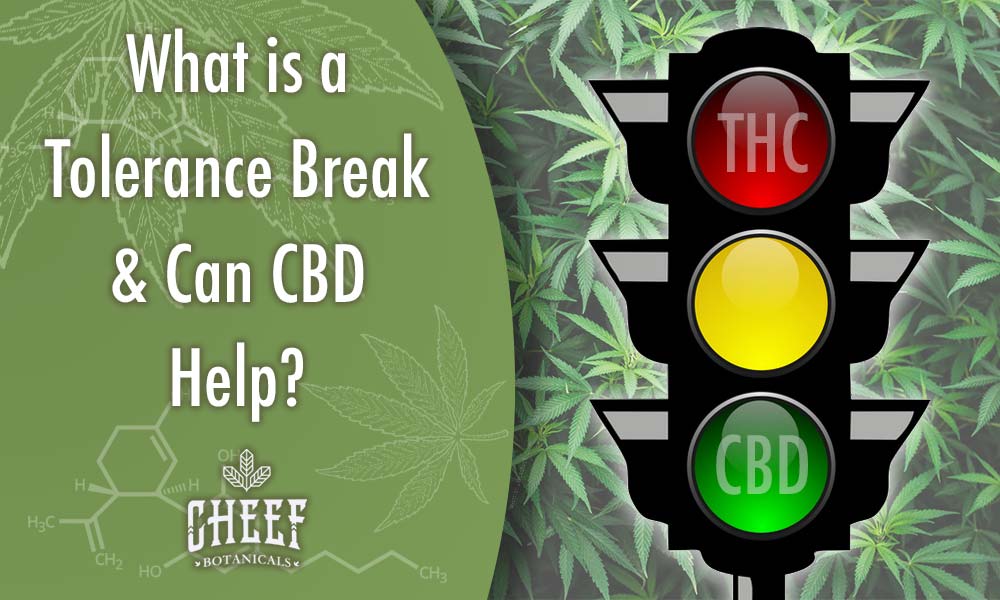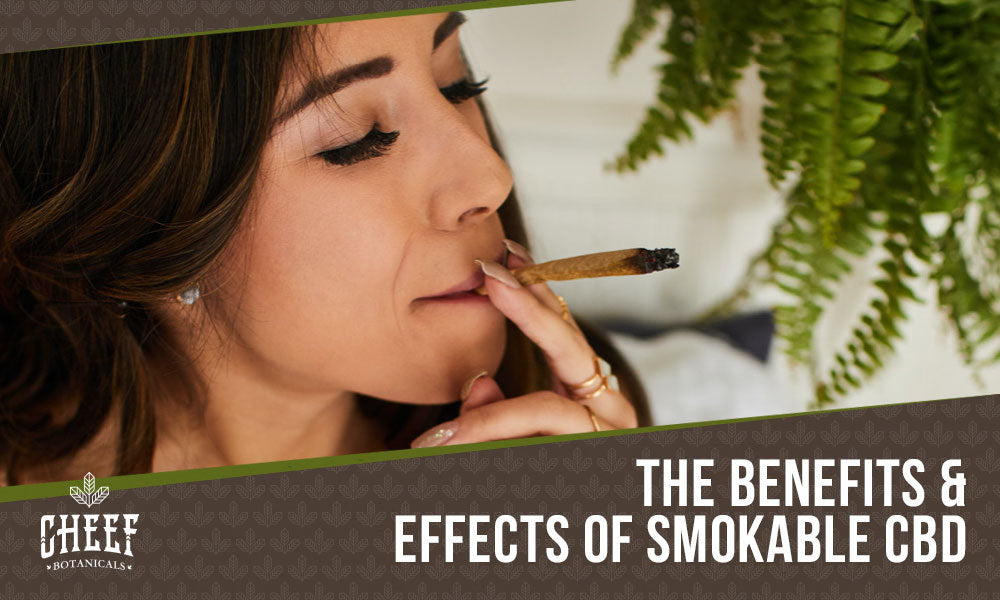If you're well-versed in the wonderful world of cannabis, I bet you've heard of this unique little concoction called Rick Simpson Oil (RSO, for short). If not, you’re probably wondering 'What is RSO?'. Well, you’ve come to the right place! Allow us to clear things up for you.
Rick Simpson Oil, is a concentrated cannabis tincture created in 2003 and used for a wide variety of different medical benefits. RSO has a syrupy, thick consistency and may be ingested in food or drinks or applied as a topical. But there is a bit of confusion regarding the difference between RSO and other cannabis extract products, such as cannabidiol (CBD). In short, Rick Simpson Oil is made with THC, the psychoactive ingredient that gets you high. THC intake promotes a euphoric state that runs through the whole body. While CBD is full of health benefits, it does not get you high.
In this article, we'll explain who Rick Simpson is and why he created this oil in the first place. We're diving deep into how to make your own RSO at home, how it's used, and whether or not you can smoke it (you can, but there’s a catch).


What is RSO?
How is RSO different from CBD Oil?
Although both products are derived from cannabis, the two are incredibly different. To start, Rick Simpson Oil is psychoactive. It is highly concentrated and contains massive amounts of THC. CBD products are non-psychoactive and are typically derived from hemp, only ever containing 0.3% or less THC. The critical difference between CBD oil and RSO lies in these two fundamental differences:- CBD oil is generally far less concentrated than RSO. The average CBD tincture contains a couple hundred milligrams of CBD per bottle. Meanwhile, RSO can contain upwards of 600 mg per serving.
- The active ingredient in CBD oil is cannabidiol (CBD). The active ingredient in RSO is tetrahydrocannabinol (THC).
Who is Rick Simpson?
Rick Simpson is a Canadian pioneer in the world of full extract cannabis oil for his creation of the oil that bears his name. In 2003, he was diagnosed with basal cell carcinoma, a form of skin cancer. After reading a study from the National Cancer Institute, Simpson found that THC could be used to kill cancer cells in mice. Thus, he made it his life's work to treat his own cancer holistically through natural products. Simpson discovered that with similar full-spectrum cannabis extract oil, he could apply it directly to the affected area and then simply cover the area with a bandage. After several days, the affected area would clear up. After this miraculous recovery, he began to produce his own full-spectrum cannabis oil for those in need. Thus, this full-spectrum extract became known as Rick Simpson Oil, often referred to as RSO.What Are the Benefits of RSO?
Studies show that full-spectrum oils like RSO can potentially support and promote health and wellness issues concerning a wide array of conditions. Although studies focused on the health benefits of full-spectrum oils have revolved around their irritation and discomfort relieving properties, RSO comes jam-packed with positive effects ranging from easing soreness to soothing nerves. Below we have provided a shortlist of some of RSO's potential benefits:- Calms a racing mind
- Enhances mood
- Eases joint swelling
- Promotes appetite
- May fight abnormal cell growth
- Alleviates physical discomfort and soreness
- Promotes natural and deeper sleep
- Aids with skin irritation

Can You Smoke RSO?
Because it is an oil, RSO may be dabbed or smoked. However, due to the lack of regulation, figuring out what solvent used to make the RSO you purchase can be tricky. If you or the producer used a highly flammable solvent to make your RSO, do not attempt to smoke or dab it. In the interest of safety and the wellbeing of our customers, we recommend that you do not smoke Rick Simpson Oil purchased from mysterious or unreliable manufacturers. When buying RSO in-store, make sure to check with your friendly neighborhood budtender on how the product was created and whether it is safe to smoke. If you're making your own RSO at home, take extreme care to burn off all the alcohol completely. This can be a tricky process, so we recommend leaving it to professionals. But making your own RSO oil at home can be one way to ensure that you ingest a product without flammable solvents.Can You Cook with RSO?
Just as you can cook CBD oil or CBD butter, you can cook with RSO as well! You'll, of course, want to consider the dish you'll be making and keep in mind the texture and stickiness of RSO. Pastries and baked goods are the best options when mixing it up in the kitchen for an RSO-based culinary concoction. Though, when it comes to baking with RSO, it will be easier to mix the extract in with more liquid ingredients, like a cake or brownies, as opposed to cookies. RSO also works as a fantastic drizzle that you can put over (almost) any food. The only catch when using RSO this way is that the taste can be just a bit off-putting for some. Many RSO consumers suggest mixing it with a sauce or something similar to mask the flavor.Related: How to Flavor CBD Oil: Simple Ways to Make CBD Oil Taste Better
How to Make RSO
Okay Rick Simpson Jr., so you want to venture on the brave journey and stir up your own RSO? Grab an apron, a friend, and your best buds. Let’s get started:- To make RSO oil, you would first place your finest marijuana flower and other cannabis plant material in a large container and then add alcohol. Make sure there is enough alcohol to completely submerge the buds
- Stir and crush the mixture into the alcohol.
- After some time, drain the alcohol from the remaining plant material.
- Heated in a container (such as a rice cooker, for example) until residual alcohol evaporates.
- The final product should be a high potency oil that is often dark in color with a thick and syrupy consistency.
- Finally, siphon RSO into a syringe or a similar applicator for dosing. Considering RSO should have a generally long shelf life as oxidation typically does not occur, your RSO can last years!
Risks of Home Preparation
Other oil preparations tend to use a generally safe and human-grade consumption solvent, such as ethanol (what we recognize as alcohol). However, Rick Simpson himself suggests using naphtha (a flammable liquid hydrocarbon mixture commonly used in camping fuel), isopropyl alcohol, or petroleum ether, all of which are potentially hazardous and toxic poisons if consumed improperly. Naphtha is notorious for being highly explosive. Inexperienced individuals could burn and scar themselves or blow up/burn down their home or wherever they're "cooking," in the worst-case scenario. Additionally, suppose you make the extract in a plastic container. Some claim that the naphtha will eventually begin to eat away at the plastic, potentially introducing even more harmful products into the oil.
Is RSO Legal?
RSO is not federally legal. But thanks to the Farm Bill of 2018, all hemp-based CBD products containing 0.3% THC or less are legal at the federal level. However, due to the high THC content of RSO, it's illegal to purchase RSO in places that have not legalized marijuana. But in states where marijuana is legal, either for medical use or recreational use, you can typically find RSO at your local cannabis dispensary. In states where marijuana remains illegal, the amount of flower you'll need to make your own RSO may be illegal as well. One ounce will typically produce 3-4 grams of oil, whereas one pound of dried material will produce only about two ounces of oil.How Much THC Is In RSO?
A single syringe of RSO will typically contain around 600 mg of THC. Though this depends on the source material used and the THC content may vary. However, you can use any marijuana strain to make RSO. The final results and the effects on the user will be dependent upon the moisture content of the plants themselves and the strains used.Are There Any Risks When Taking RSO?
Like any medication, some people may have sensitivities to certain components of RSO. Unlike the beneficial effects of CBD, this product contains a high concentration of THC, so the side effects are similar to those of marijuana intoxication. Some consumers may experience the following when taking RSO:- Lowered blood pressure
- Red eyes
- Confusion
- Drowsiness
- Dry mouth
- Nausea
- Impaired cognitive ability
- Skin irritation (when applied topically)
RSO Alternatives
RSO comes stocked with a variety of wellness benefits. But let's not forget the many alternative wellness treatments that are far safer and easier to get on the market. Here at Cheef Botanicals, we are proud to provide you with our own spectrum of top-quality CBD products. If Rick Simpson Oil seems appealing to you, but you find yourself searching for a product with less THC, why not check out our CBD Vape Cartridges or oil tinctures? None of our CBD products contain more than the standard 0.3% THC content, meaning that our CBD products will not induce the same psychoactive effects commonly associated with marijuana.Related: Best CBD vape cartridges for 510 batteryAll of our products are 100% organic, vegan, and made with no GMO or gluten whatsoever. You can find the Certificate of Analysis and third-party lab testing results located on each of our products. We do this to ensure maximum transparency between our customers and us.



 CBD Gummies - Top Seller
CBD Gummies - Top Seller
 CBD + THC Gummy - Excellent Choice
CBD + THC Gummy - Excellent Choice
 CBD Hemp Flower - Highly Rated
CBD Hemp Flower - Highly Rated
 Full Spectrum CBD Oil - Good Value
Full Spectrum CBD Oil - Good Value



Leave a comment
This site is protected by hCaptcha and the hCaptcha Privacy Policy and Terms of Service apply.